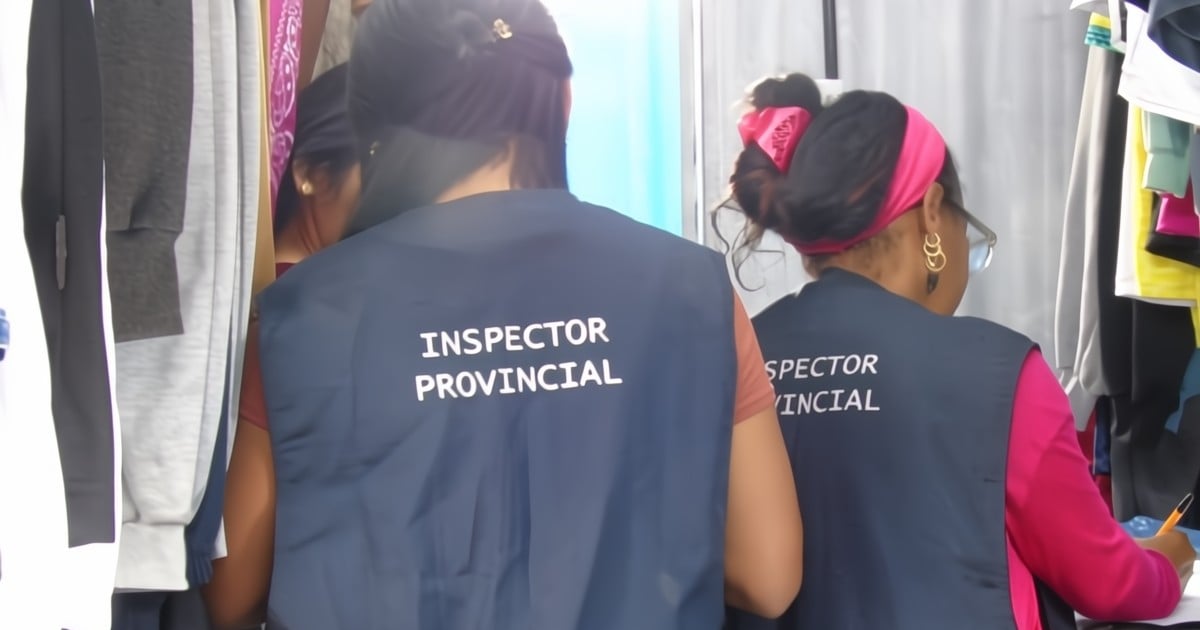
The Ministry of Finance and Prices (MFP) in Cuba, as part of the National Exercise for the Prevention and Addressing of Illegal Activities, conducted over 508,000 inspections between December 2 and December 7, most of which were in the private sector.
"To date, 680 businesses have been temporarily closed until that economic actor rectifies their attitude and complies with established regulations. Otherwise, the closure will be permanent," said the Minister of Finance and Prices, Vladimir Regueiro Ale.
I emphasize that in the country, "508,845 inspections have been conducted to assess pricing issues, and a level of non-compliance has been detected that we have not managed to rectify. The main incidents are related to abusive or speculative pricing, irregularities in weighing, and the concealment of goods."
So far this year, the total number of fiscal control actions in Cuba has reached over 186,445. According to the MFP, these actions aim to correct economic distortions and revitalize the economy.
To date, over 313,000 fines have been imposed, totaling an amount of 814 million pesos.
"It has allowed us to determine a debt of over 4.3 billion, of which approximately 68%, around 3 billion pesos, has already been recovered for the State Budget," said the minister.
In parallel, the MFP has managed over 216 million pesos in additional debts. They assert that this represents an improvement in the effectiveness of tax procedures.
Vladimir Regueiro Ale stated that these control actions aim not only to sanction violations but also to promote a greater tax and economic culture among the population.
The national initiative to prevent and combat crime, corruption, illegal activities, and social indiscipline was promoted by Miguel Díaz-Canel amid scandals involving his stepson Manuel Anido and Sandro, the grandson of Fidel Castro, who lead lives of luxury financed by money that many claim comes from state coffers.
Frequently Asked Questions about Anti-Corruption Efforts in Cuba and Their Impact on the Private Sector
How many businesses were closed in Cuba during the anti-corruption campaign?
During the anti-corruption operation conducted from December 2 to 7, 2024, the Ministry of Finance and Prices of Cuba temporarily closed 680 businesses across the country. These closures were a result of irregularities found during over 508,000 inspections, primarily in the private sector.
What are the main irregularities identified during the inspections?
The main irregularities identified during the inspections include abusive or speculative pricing, discrepancies in weighing, and concealment of goods. These violations are part of a broader pattern of non-compliance in the Cuban private sector.
What measures has the Cuban government taken against illegal activities in the private sector?
The Cuban government has implemented a strict system of inspections and fines to control illegal activities in the private sector. So far this year, over 313,000 fines have been imposed, totaling 814 million pesos. Additionally, measures are being promoted to encourage a culture of taxation and economic awareness among the population.
How does Resolution 225/2024 affect the private sector in Cuba?
Resolution 225/2024 sets capped prices for six basic products in high demand in Cuba. This regulation has intensified inspections and penalties in the private sector, leading to an increase in fines and the closure of businesses that do not comply with the regulated prices.
What impact does the anti-corruption campaign have on the Cuban economy?
The anti-corruption campaign in Cuba aims to address economic distortions and revitalize the country's economy. However, the effectiveness of these measures is being questioned due to a lack of transparency and a focus on penalizing the private sector while critical areas, such as prices in state stores selling in convertible currency, are overlooked.
Filed under: